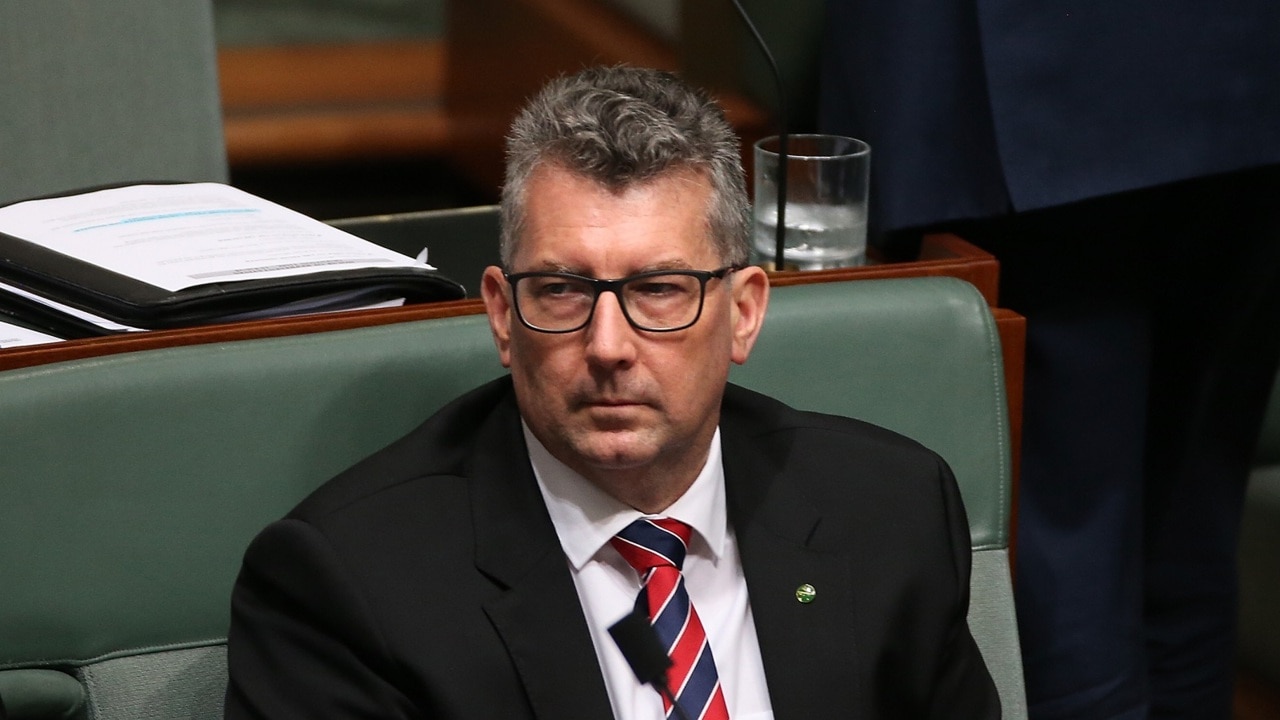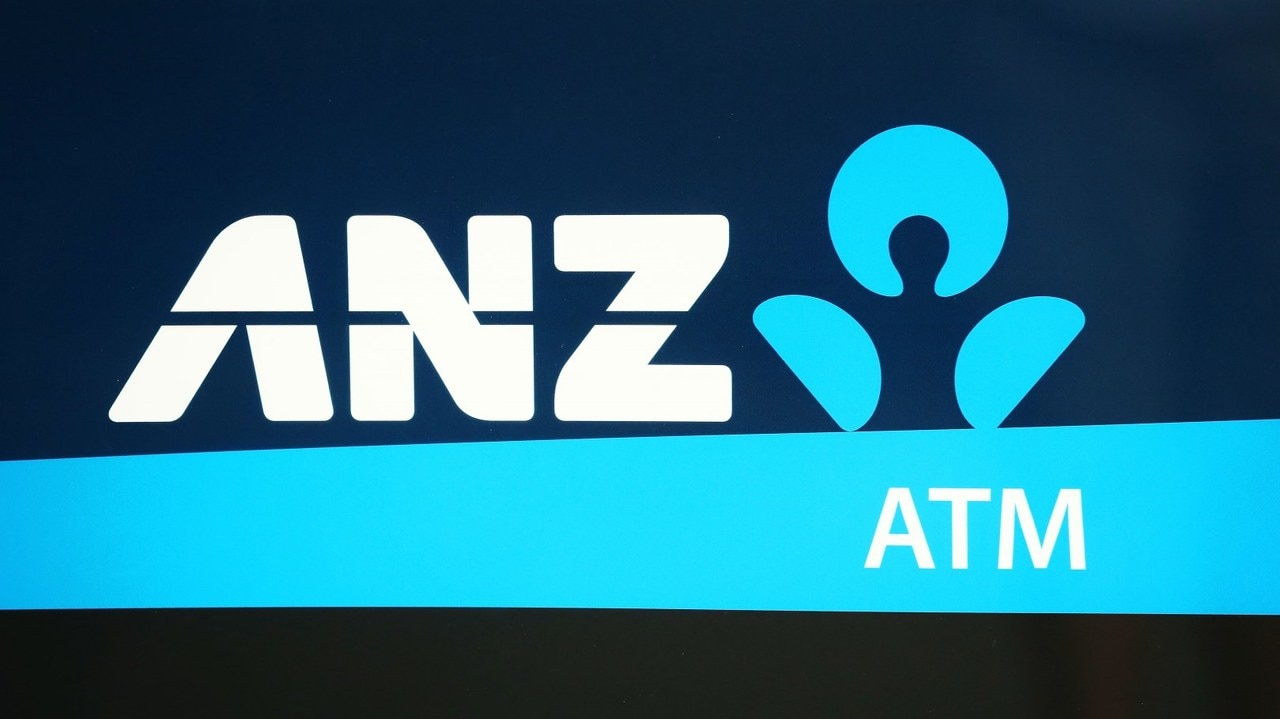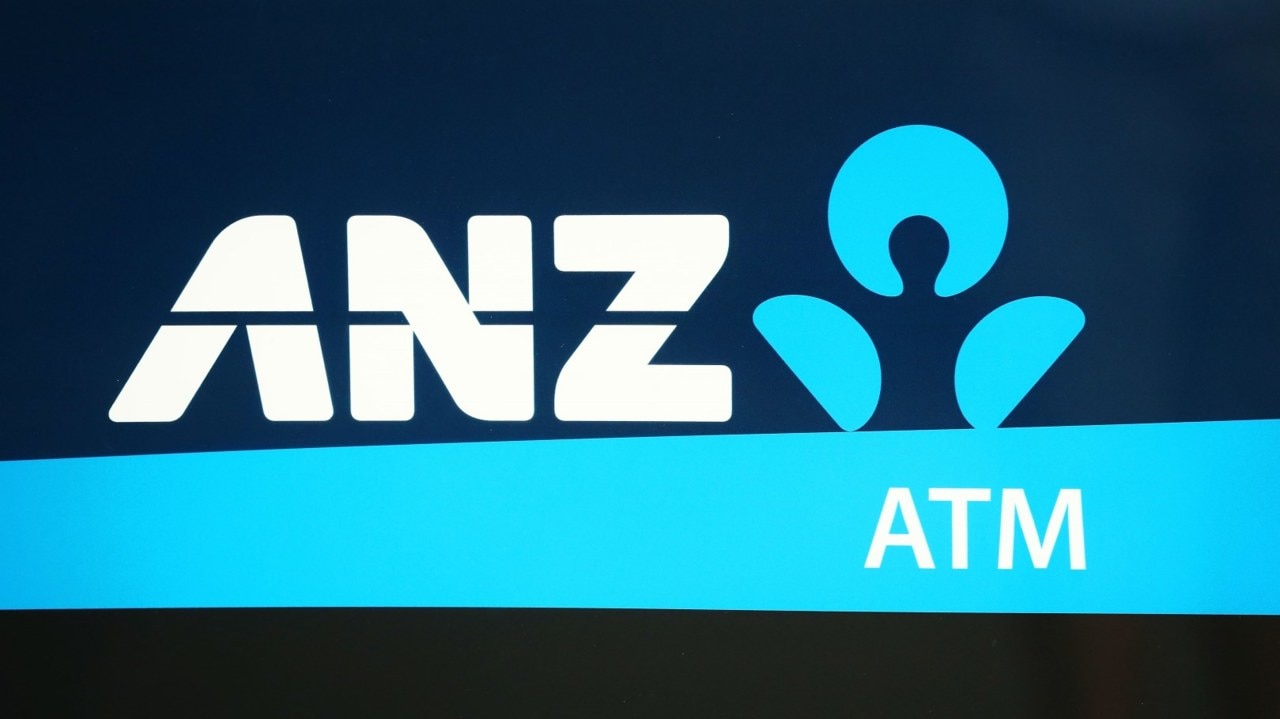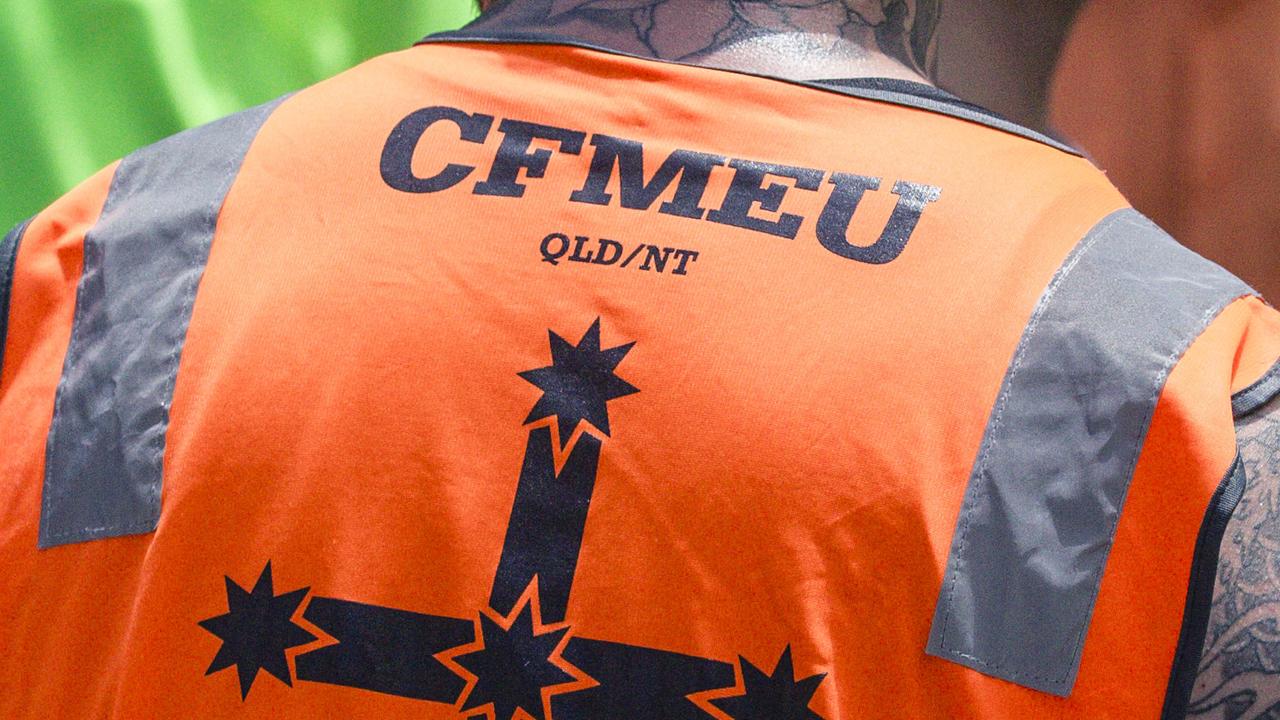Coal comfort as bank discovers a conscience
When it comes to double standards, Australian banks offer a masterclass in high achievement. Just look at ANZ abandoning the world’s largest coal export port because it wants to appear “green”, writes Mike O’Connor.

Mike O'Connor
Don't miss out on the headlines from Mike O'Connor. Followed categories will be added to My News.
When it comes to double standards, Australian banks offer a masterclass in high achievement.
The ANZ gave a fine example of this with its announcement that it was refusing to provide further funding for the world’s largest coal export port at Newcastle under its new climate change policy that effectively bans loans to the coal sector.
The port contributes $1.5bn to the Australian economy and provides jobs for 9000 workers who have been abandoned by the bank because it wants to appear “green”. It wasn’t a decision based on the economics of the port but on the bank’s desire to fly its social conscience colours.
This is the same bank that was forced to pay back almost $700 million after the banking inquiry found that it had systematically ripped off customers by charging excessive fees.
There was no conscience in evidence while this wholesale illegality prospered and if the banking inquiry had not been held, we could safely presume that it would be ongoing.
This is the same bank that is notoriously tardy in passing on interest rate cuts to its home loan customers.

Following criticism by Treasurer Josh Frydenberg and Reserve Bank governor Philip Lowe for its refusal to pass on in full cuts to official interest rates, ANZ chief executive Shayne Elliott said the increased costs of stricter lending rules following scrutiny from the Hayne royal commission were behind his decision not to pass on all of the cuts.
What a delicious irony! A bank is caught out dudding its customers and then claims it can’t do the right thing by them on mortgage rates because now it has to play by the rules.
This is the same bank that enjoys the protection of the Australian taxpayer through the federal government’s Financial Claims Scheme which guarantees that deposits of up to $250,000 per account holder will be honoured in the event that an authorised deposit-taking institution such as the ANZ should fail.
Mr Elliott has brushed aside criticisms by Frydenberg and Lowe with a dismissive “they have their jobs to do, and I have mine.” ANZ is putting creating a facade of climate “wokeness” ahead of the national interest. Whether the umbrella of the Financial Claims Scheme should cover those financial institutions that follow this course is perhaps something that the government should consider.
Chinese investors have no such qualms about Newcastle. While the ANZ has paraded its anti-coal credentials, they have poured money into the port and now control about 50 per cent of it. There is little doubt that they would have increased this holding had they not been certain the federal government would have intervened.
To its credit the National Australia Bank, while hardly a pantheon of virtue as shown by the royal commission, has stepped into the void left by ANZ and guaranteed finance for the port.
While the ANZ was turning its back on the hardworking citizens of Newcastle and assuming the mantle of corporate eco-warrior, a Melbourne bookstore suffered a sudden if somewhat retrospective infection with the dreaded “wokeness” virus.

This occurred when it announced that it regretted promoting an appearance by controversial feminist author Julie Bindel three years ago.
In a statement, Readings bookshop said it apologised for “any hurt caused by highlighting the work of an author whose current stance is to divide our community.” Bindel does not believe transgender women are “real women” or that trans women who have not had surgery should be allowed in female spaces in places like hospitals, prisons and refuges.
You might think that she had a valid point but it was not one that the left wished to hear so Bindel was uninvited, three years after she spoke.
“Readings have cowardly capitulated to bullies,” Bindel said.
Someone who might agree with this summation would be Israel Folau who for one brief moment in time last week was a chance to take to the rugby league paddock in the colours of St George-Illawarra. Folau, of course, committed the grievous sin of voicing his conservative Christian views on homosexuality and then compounded it by quoting the Bible.
The St George-Illawarra opportunity vanished as quickly as it had appeared. It seems those who practise freedom of speech are not part of the “inclusiveness” of which the NRL is so ready to boast.
If only Folau had followed the fine example set by “included” rugby league players and gone to a nightclub, got drunk, groped a few women and started a fight, then all may have been forgiven.
The real shame of it all is that weakness has become a virtue.



